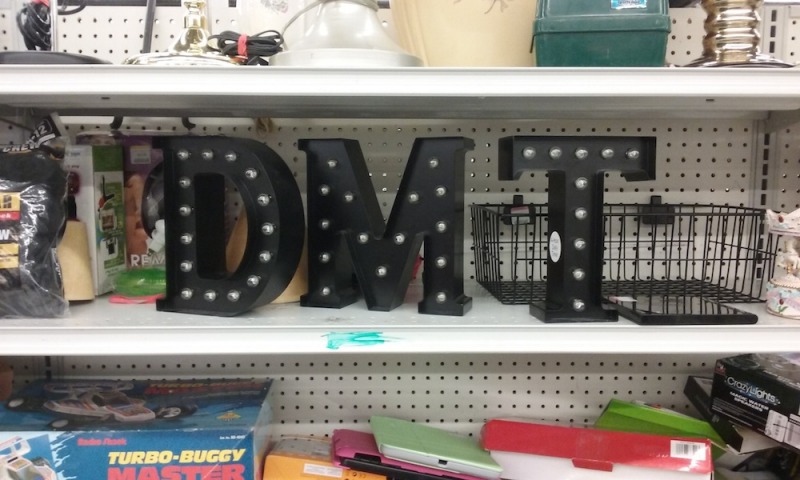...more recent posts
I think I liked "his" movie Requiem for a Dream.
Like the earth art it championed, the Expanded Field’s particular brand of post-modernism was still very formalist however. Krauss was not looking forward towards a future beyond modernism, she was firing back over her shoulder, aiming to kill modernism. She was still trying to beat Greenberg on his own terms. Paradoxically her essay does not refute or debunk Greenberg, but instead her defense of minimalist and post-minimalist art extended the half-life of Grenberg's formalism. Starting with her opening ambit: her choice of Auguste Rodin's Balzac and The Gates of Hell as precedents for modernist sculpture. These two works put her at odds with her former mentor (one imagine he would have landed solidly on Constantin Brâncuşi's Endless Column), but the negative and theoretically abstract tone Krauss used to discuss Rodin's masterpieces Greenberg himself had made the recognized the coin of the realm within the art world's loftiest precincts.
Relive the destruction of old Penn Station
Stanley Kubrick's photos for Look Magazine
"In one of the most eye-opening chapters from Jameson’s recent Valences of the Dialectic, even that most odious site of hyper-capitalism, Wal-Mart, is read dialectically in terms of its utopian potential. That such an unlikely institution might provide important insight into the logic of utopia might strike
some as counter-intuitive if not altogether misguided, casting doubt on the very utility of the dialectic with its many contortions. Still, those scandalized
by such an approach might be surprised to learn that Jameson has been doing this all along — Peter Sloterdijk’s cynical reason is utopian, Gary
Becker and the Chicago School are utopian, Hollywood popcorn movies are utopian, and so on. Indeed, with the dialectic “the most noxious
phenomena can serve as the repository and hiding place for all
kinds of unsuspected wish-fulfillments and Utopian gratifications (Valences of the Dialectic, 416).
Tag: walmart
